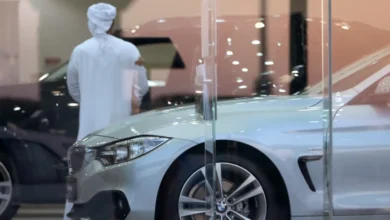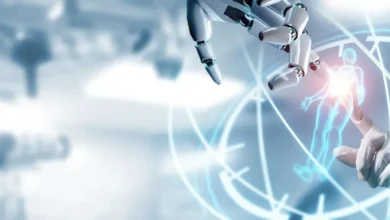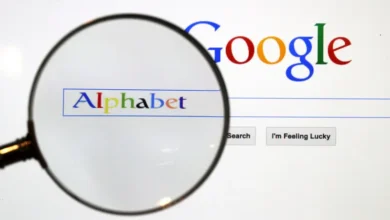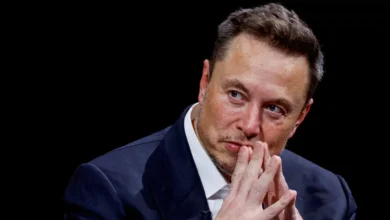Carmakers emitting 74 million tonnes of CO2, Greenpeace says
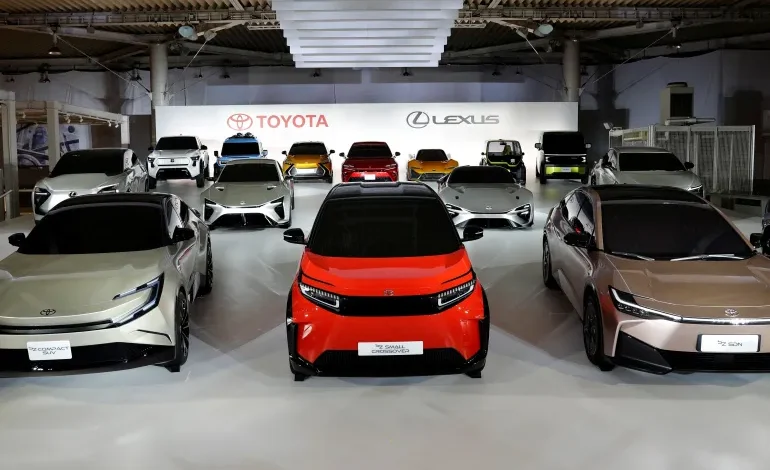
The world’s top automakers are generating an estimated 74 million tonnes of carbon dioxide each year due to the industry’s failure to decarbonise its steel supply chain, according to a new report by Greenpeace.
The automobile industry is heavily dependent on steel as a key manufacturing material and the top 16 automakers used an estimated 39-65 million tonnes of steel in 2022, the environmental advocacy group said in the report.Toyota, the world’s top automaker, used 6.3 million tonnes of steel in 2022 alone, followed by Volkswagen with 5.2 million tonnes and Hyundai-Kia with 5.2 million tonnes, according to the report released on Thursday.
That dependency has come at a price to the planet, according to Greenpeace, due to the large amount of carbon emissions in the process, pushing the world’s temperatures ever closer to the 1.5 degrees Celsius (2.7 degrees Fahrenheit) threshold that climate scientists say will spell disaster.
“Automakers are steering us toward climate catastrophe by failing to decarbonise their steel supply chains,” Greenpeace East Asia senior analyst Wenjie Liu said.
“Automotive steel has a massive carbon footprint, but major automakers like Hyundai, Volkswagen, and Toyota have not disclosed their steel emissions. We need automakers to both consume less steel and to drive the transition to zero-carbon steelmaking.”Steel manufacturing produced 573 million tonnes of CO2 last year, roughly the same annual output as Australia, and its heavy carbon footprint will not change without more involvement from the auto industry, which consumed 16 percent of global steel last year, Liu said.
In addition to Toyota, Volkswagen, and Hyundai-Kia, the list of companies assessed by Greenpeace includes General Motors, Stellantis, Ford, Honda, Nissan, Suzuki, Geely, BMW, Renault, Mercedes-Benz, SAIC Motor, Great Wall Motor, and Mazda.
None of the companies discloses the carbon emissions from its steel use and only a handful disclose their annual steel consumption, which means emissions figures are rough estimates.
The environmental watchdog acknowledged that some companies, particularly European automakers, had made efforts to decarbonise their steel supply chains, but said their goals remained modest.

